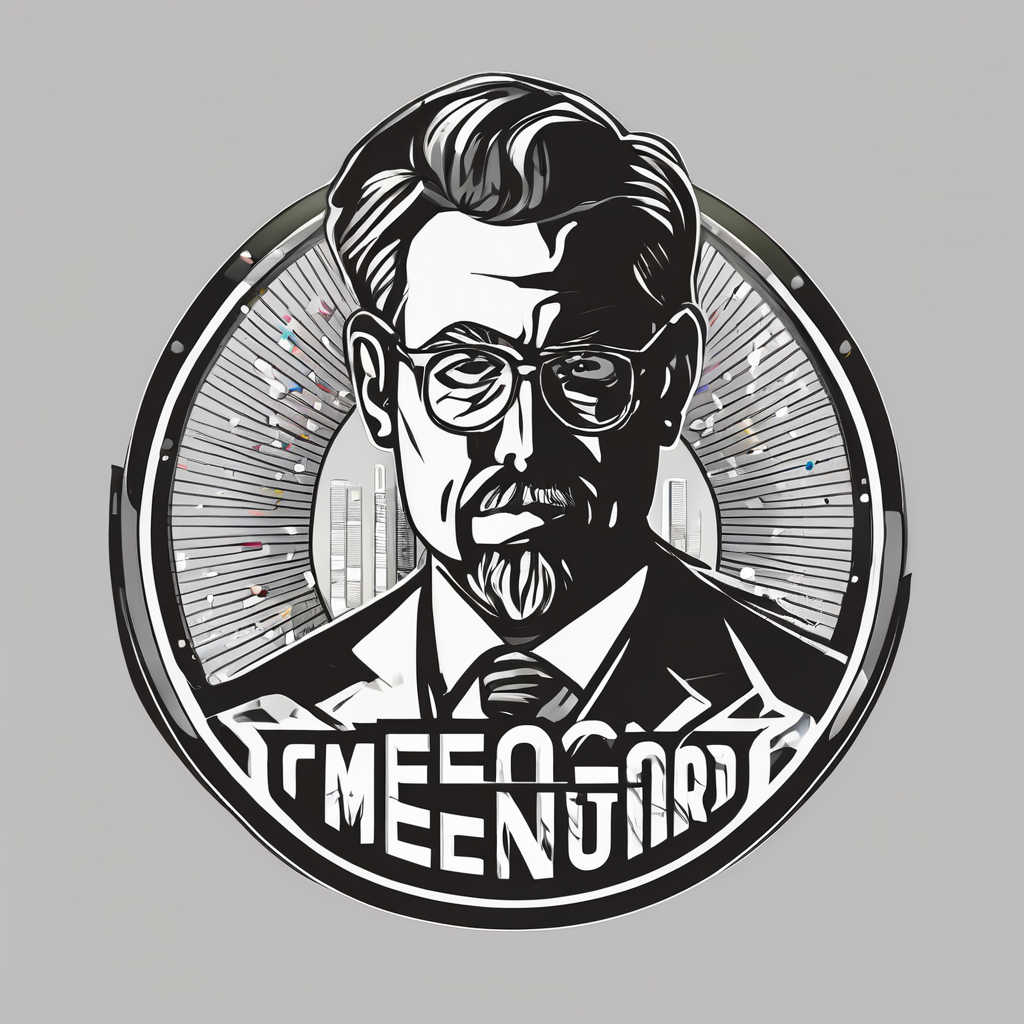The fourth industrial revolution (4IR) is transforming the landscape of manufacturing across the globe. The UK manufacturing sector is at the cusp of this massive change, driven by technological innovation and digital transformation. Integrating 4IR technologies can enhance productivity, streamline supply chains, and introduce new business models. This article explores how UK manufacturing firms can effectively integrate 4IR technologies for enhanced efficiency and long-term growth.
Embracing Digital Transformation in Manufacturing
Digital transformation is a pivotal element in the integration of 4IR technologies. For UK manufacturing firms, this means leveraging emerging technologies such as big data, artificial intelligence (AI), and machine learning to gain a competitive edge.
Also to read : How Can UK Renewable Energy Companies Optimize Wind Energy Production Using AI?
Digital transformation starts with the collection and analysis of data. Implementing data analytics tools can provide insights into every aspect of the manufacturing process, from production efficiency to quality control. By analysing this data in real time, companies can make informed decisions that enhance productivity and reduce costs.
Moreover, incorporating AI and machine learning into manufacturing can automate routine tasks, minimise human error, and improve decision-making processes. For example, AI-powered predictive maintenance can foresee equipment failures before they occur, thus preventing costly downtimes.
Also to discover : What Key Strategies Should UK Transport Companies Implement for Efficient Fleet Management?
Google Scholar and other academic databases are excellent resources for understanding the latest trends and research in digital manufacturing. Keeping abreast of such developments can help companies stay ahead of the curve and adopt the most effective technologies.
Key Takeaways:
- Data-driven insights can enhance decision-making and operational efficiency.
- AI and machine learning can automate tasks and reduce errors.
- Continuous learning through resources like Google Scholar can keep firms updated on the latest innovations.
Leveraging Big Data and Data Analytics
The manufacturing sector is increasingly reliant on big data and data analytics to refine processes and boost productivity. Big data allows for the collection of vast amounts of information from various sources within the manufacturing environment.
The application of data analytics in manufacturing involves processing this vast dataset to uncover patterns and insights that can inform strategic decisions. For instance, by analysing production data, companies can identify bottlenecks in the supply chain and optimise their processes accordingly.
Additionally, data analytics can enhance quality control by identifying defects and inconsistencies early in the production cycle. This not only improves the quality of products but also reduces waste, contributing to economic efficiency.
In the context of the fourth industrial revolution, real-time data analytics is crucial. It enables companies to respond swiftly to changes in market demand or supply chain disruptions, thereby maintaining a competitive edge.
Key Takeaways:
- Big data can provide comprehensive insights into manufacturing processes.
- Data analytics helps in identifying inefficiencies and enhancing quality control.
- Real-time data enables quick responses to market and supply chain changes.
Innovation and Technological Change
The heart of the fourth industrial revolution lies in technological change and innovation. For UK manufacturing firms, embracing new technologies is not just about adopting the latest gadgets but about fundamentally transforming how they operate.
One of the most impactful technological innovations in manufacturing is the Internet of Things (IoT). IoT devices can connect machines, systems, and products, creating a network that communicates and collaborates to optimise production processes. This interconnected environment allows for real-time monitoring, which can significantly enhance efficiency and reduce downtime.
Additionally, additive manufacturing, commonly known as 3D printing, is revolutionising production by enabling the creation of complex parts with minimal waste. This technology is particularly beneficial for companies looking to adopt more sustainable practices.
Artificial intelligence (AI) also plays a crucial role in technological innovation. AI algorithms can optimise supply chains, predict maintenance needs, and even customise products to meet specific customer requirements.
Key Takeaways:
- IoT devices create interconnected environments for enhanced efficiency.
- Additive manufacturing reduces waste and allows for complex designs.
- AI optimises supply chains and customises products.
Enhancing Productivity through Technological Integration
Integrating 4IR technologies can significantly enhance productivity within the manufacturing sector. This involves not just adopting new technologies but also rethinking operational processes and workforce dynamics.
One of the primary benefits of technological integration is the automation of repetitive and labor-intensive tasks. This frees up the workforce to focus on more strategic and creative tasks, thereby improving overall productivity. Automation can be achieved through the implementation of robotics and advanced machinery that can perform tasks with greater precision and speed than human workers.
Furthermore, the integration of machine learning algorithms can optimise various aspects of the production process. For example, machine learning can analyse past production data to predict future trends and adjust processes accordingly, ensuring that production remains aligned with market demand.
It’s also essential to consider the long-term impact of technological integration on the labor market. While automation may reduce the need for certain types of labor, it also creates opportunities for new roles that require more advanced skills. Training and development programs can help the workforce adapt to these new roles, ensuring that companies remain competitive in the evolving industry landscape.
Key Takeaways:
- Automation frees up the workforce for strategic tasks.
- Machine learning optimises production processes.
- Training programs can help the workforce adapt to new roles.
Future Prospects and Long-Term Benefits
The integration of 4IR technologies promises numerous long-term benefits for UK manufacturing firms. As the industry continues to evolve, these technologies will play a crucial role in shaping its future.
One of the most significant long-term benefits is increased efficiency. By leveraging data analytics, AI, and other emerging technologies, companies can streamline their operations, reduce waste, and improve quality control. This not only enhances productivity but also contributes to economic growth.
Moreover, technological innovation can lead to the development of new products and services. For instance, advancements in additive manufacturing and IoT can enable companies to offer customised products that meet specific customer needs. This level of innovation can open up new markets and revenue streams, ensuring long-term business growth.
Another important aspect to consider is the impact on the supply chain. The integration of 4IR technologies can create more resilient and flexible supply chains that can adapt to changing market conditions. This is particularly important in a globalised economy where supply chain disruptions can have significant impacts.
Finally, investing in technological change can improve the overall work environment. By automating repetitive tasks and optimising processes, companies can create a safer and more engaging work environment for their employees. This can lead to higher job satisfaction and retention rates, further contributing to productivity and growth.
Key Takeaways:
- Increased efficiency and reduced waste contribute to economic growth.
- Innovation leads to new products and revenue streams.
- Resilient supply chains adapt to changing market conditions.
- Improved work environments lead to higher job satisfaction.
The integration of 4IR technologies into the UK manufacturing sector presents a unique opportunity for companies to enhance efficiency, boost productivity, and secure long-term growth. By embracing digital transformation, leveraging big data and data analytics, and fostering technological innovation, manufacturing firms can stay competitive in an ever-evolving industry landscape.
As we move further into the fourth industrial revolution, the importance of technological change cannot be overstated. UK manufacturing firms must be proactive in adopting these technologies and adapting their business models to harness their full potential. Whether it’s through the automation of repetitive tasks, the implementation of AI algorithms, or the development of new products and services, the future of manufacturing lies in innovation and technological integration.
By investing in these emerging technologies and continuously evolving their operations, UK manufacturing firms can not only enhance their efficiency but also secure a competitive edge in the global market. The journey to integrating 4IR technologies is not without challenges, but the potential rewards make it a worthwhile endeavour.






